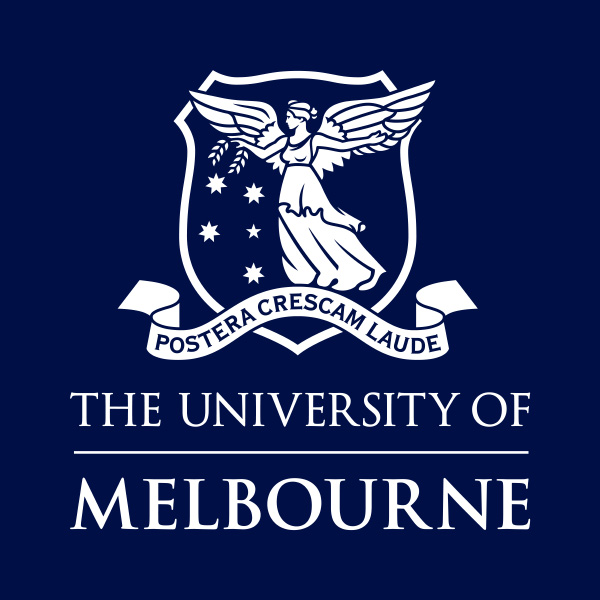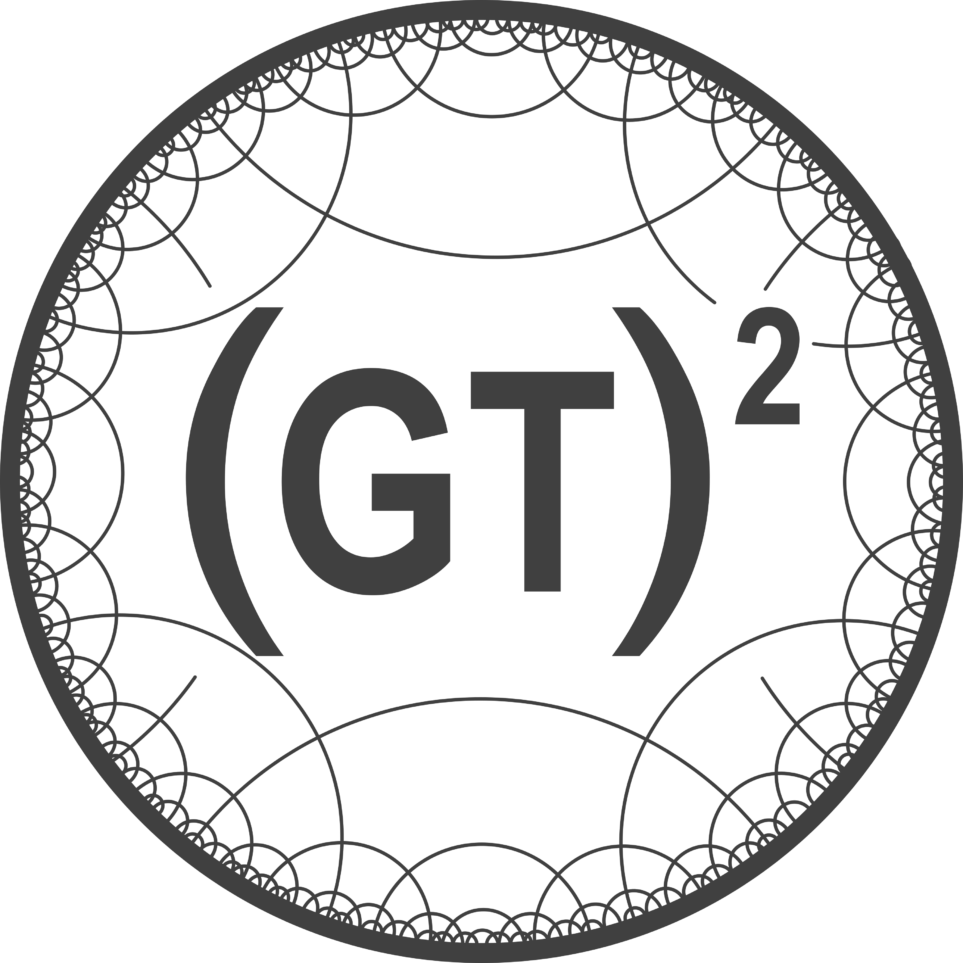-
2 Mar 2021 - 9 Nov 2021
8:00 am - 5:00 pm
Date and Time
Semester 1, 2021 – the series will start on Tuesday, 2 March 2021, running fortnightly throughout Semester 1, 2021.
Semester 2, 2021 – the series will start on Tuesday 17 August 2021, running fortnightly throughout Semester 2, 2021
Organisers:
Ellena Moskovsky (Monash University)
Emily Thompson (Monash University)
Grace Garden (Sydney University)
Yossi Bokor (Australian National University)
Description:
Graduate Talks in Geometry and Topology, (GT)^2, is an online symposium organised by and for graduate students, running fortnightly throughout Semester 1, 2021. The symposium is designed to provide an opportunity for Australian graduate students in geometry and topology to present their research to a diverse audience, as well as engage, network, and share ideas with other students in their field.
All interested parties are encouraged to attend and engage. The symposium will all be in an inclusive, supportive environment that assumes only undergraduate-level mathematical knowledge.
This will all be in an inclusive, supportive environment that assumes only undergraduate-level mathematical knowledge. We endorse this statement of inclusiveness:
We are a group of scholars, researchers, and teachers. We refuse to compromise the ideals of academic freedom and open exchange. We affirm that scientific events have to be open to everybody, regardless of race, sex, religion, national origin, sexual orientation, gender identity, disability, age, pregnancy, immigration status, or any other aspect of identity. We believe that such events have to be supportive , inclusive, and safe environments for all participants. We believe that all participants are to be treated with dignity and respect. Discrimination and harassment cannot be tolerated. We are committed to ensuring that the scientific events in which we participate follow these principles, and we request that organizers of scientific events make explicit statements on the event website to that effect.
Program Structure:
Please note, this schedule will be updated regularly. Links for the Zoom meeting will be emailed to registered participants about 30 minutes prior to each session.
Each session will be about 90 minutes long with 60 minutes of presentation and 30 minutes discussion.
All times are in AEDT (Sydney/Melbourne time)
Further talks and abstracts can be found here
02/03/2021 1000 AEDT
Speaker: Adele Jackson, Triangulation complexity of mapping tori
Please see notes here.
Unlike in higher dimensions, all 3-manifolds can be triangulated (i.e. expressed by gluing tetrahedra together). This lets us enumerate all 3-manifolds by considering all the ways that n tetrahedra can be glued together. Triangulations of 3-manifolds are often used for computations, such as determining whether a knot is unknotted by calculations on its complement, or in building families of non-separating surfaces inside the manifold (e.g. see Regina for a computer program that puts this into practice). The triangulation complexity of a 3-manifold is the minimal number of tetrahedra in any triangulation of it. A natural question, then, is whether we can relate this measure of complexity with more geometric measures of the complexity of a manifold. For example, a result of Thurston tells us that hyperbolic 3-manifolds with low triangulation complexity have low hyperbolic volume. However it does not tell us anything about the case of high triangulation complexity. One situation where we can understand the meaning of a high value is when the manifold fibres over the circle: that is, when it can be expressed as a thickened surface with the two boundary components glued up. A recent theorem of Marc Lackenby and Jessica Purcell gives both an upper and lower bound on the triangulation complexity in this case in terms of an invariant of the gluing map.
16/03/2021 1000 AEDT
Speaker: Campbell Wheeler, Quantum modularity of invariants of 3-manifolds
We will discuss newly observed modularity properties of q-hypergeometric functions. These functions often arise when studying quantum invariants of knots and 3-manifolds. This quantum modularity unifies and generalises various conjectures on the asymptotic behaviour of WRT invariants of closed manifolds for example.
30/03/2021 1000 AEDT – Speaker 1: Emily Thompson, Simplifying A-polynomial calculations for knots related by Dehn filling
The A-polynomial is a knot invariant that captures information about the topology of the knot complement and is conjectured to relate to the coloured Jones polynomial. However, it is difficult to compute in general. Recent work by Howie, Mathews and Purcell uncovers rich algebraic structure in the equations defining the A-polynomial in the case of knots that arise from Dehn fillings. This structure is similar to that of a cluster algebra. In this talk, we show how this cluster algebra-like structure leads to simplified calculations of the A-polynomial for infinitely many families of knots related by Dehn filling.
30/03/2021 1000 AEDT – Speaker 2:Rohin Berichon, The Alekseevskii Conjecture in 9 and 10 Dimensions
The study of Einstein Riemannian manifolds is a broad, yet rich field of study. In the case of homogeneous manifolds, Alekseevskii famously conjectured in 1975 that every connected homogeneous Einstein manifold with negative Ricci curvature is diffeomorphic to Euclidean space. Until now, the conjecture is only known up to dimension 8, besides 5 possible exceptions, and in some cases in dimension 10. Our thesis extends the results of Arroyo and Lafuente (2016) to show that the conjecture holds up to dimension 10, with the addition of 3 new possible exceptions.
Contact:
If you have any questions, please don’t hesitate to contact the organisers at GTsquared@maths.usyd.edu.au
Further information: https://www.maths.usyd.edu.au/u/GTSquared/
Registration:
- To register your interest in giving a talk and/or attending, please use this form.
- If submitting a presentation, there will be two rounds of expressions of interest, the first being due 15 February 2021, and the second being due mid-April (to be finalised).
Sponsors:
This symposium is supported by MATRIX and AMSI.
To support post-symposium research collaboration between PhD student participants, MATRIX-AMSI are providing funding through the MATRIX-AMSI PhD Student Research Collaboration Scheme. https://www.matrix-inst.org.au/phd-student-research-collaboration-scheme-guidelines/







